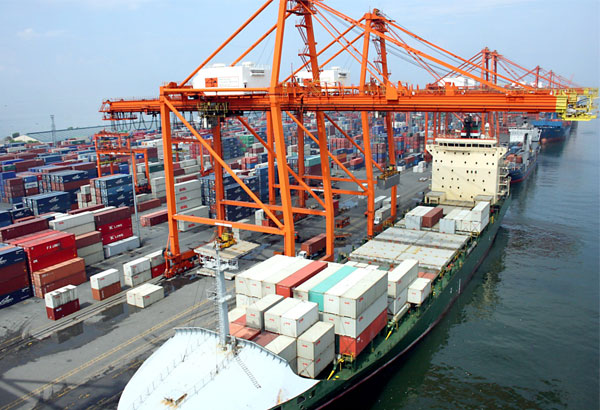Philippines losing export orders to Vietnam, Cambodia
MANILA, Philippines — The Philippines is losing orders to Cambodia and Vietnam as foreign buyers start to shun away from some of the country’s export products due to its manufacturers’ non-compliance to certain social and ethical requirements.
Foreign Buyers Association of the Philippines (FOBAP) chair Robert Young, in a report to the Philippine Exporters Confederation Inc., said an increasing number of foreign buyers are rejecting suppliers based on non-compliance issues.
“We have many buyers coming over and I would say 50 percent of them are not pushing through with the orders primarily because many Filipino factories are not compliant,” Young said.
He said buyers now are asking for a “seal of good housekeeping” as products from non-compliant factories are not permitted to enter the importing country.
Due to non-compliance by many Filipino factories, Young said FOBAP has to go elsewhere, like Cambodia or Vietnam, in order to fill their clients’ orders.
He said the orders are already there but buyers are just waiting for Philippine factories to start complying with the rules and regulations.
“FOBAP [on average] is $1 billion a year worth of orders. That is an untapped and neg-lected opportunity,” he said.
Local manufacturers and exporters are thus urged to make their operations socially compliant as requirements among foreign buyers are becoming more stringent.
Young said his group has recently started an advocacy to promote corporate social responsibility (CSR), stressing that it is an increasingly important global issue that Filipino businesses can no longer afford to ignore.
He said, equating compliance with added costs is the wrong mindset, especially for the country’s small and medium enterprises (SMEs).
He said any additional cost should be regarded as a form of investment.
“They don’t understand that the whole world now is changing their rules and regulations on importing products from other countries,” he said.
“They can recoup their expenses when they receive their huge orders from the importers. It’s a very sound investment,” Young added.
He said companies in the long run would benefit from the increased productivity if employees work in establishments that are well lit and ventilated, have clean restrooms, operate a waste management system, and have first-aid kits and fire extinguishers installed.
Young said the CSR issue started years ago but is now gaining traction, such that even the Association of Southeast Asian Nations is moving toward social compliance.
“Compliant factories is a requirement. We cannot live without this anymore,” he said.
Young said SMEs currently face many challenges on the road to social compliance, including high cost of power, lack of financing, and increasing wages.
To address this challenges, he urged the government to consider a reward program involving access to financing and tax deductions to encourage the rise of ethical factories.
Young said social compliance will mean not only more export orders for SMEs but increased revenue for the government as well.
Source: http://www.philstar.com/business/2017/10/08/1746449/phl-losing-export-orders-vietnam-cambodia


 English
English




